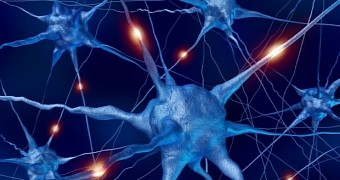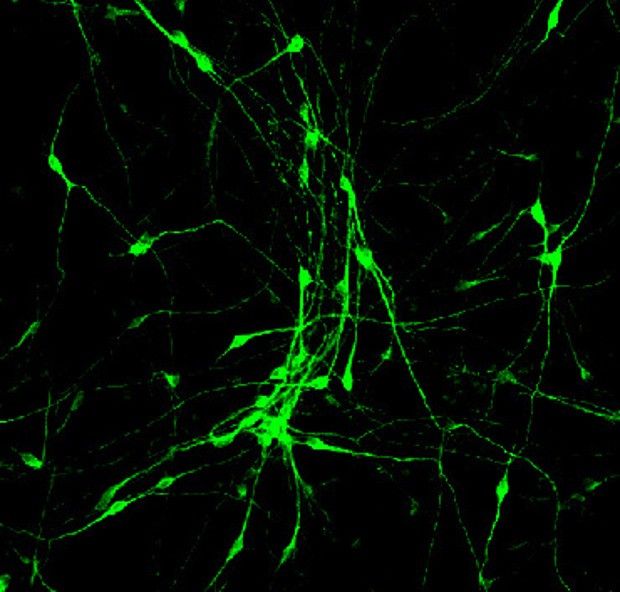In a study published in the journal Cell Stem Cell this past Thursday, October 15, a team of scientists at Pennsylvania State University detail their work turning perfectly ordinary maintenance cells into fully functional neurons.
This was achieved with the help of a chemical cocktail, the specialists explain. While still in its early stages, this research project could one day lead to the development of novel therapies to regenerate the brain.
Thus, the scientists hope their work will eventually translate into new treatments for people diagnosed with neurodegenerative disorders such as Alzheimer's or who have suffered traumatic and crippling brain injuries.
“The new technology opens the door to the future development of drugs that patients could take as pills to regenerate neurons and to restore bran functions lost after traumatic injuries, stroke, or diseases such as Alzheimer's.”
“The small molecules are not only easy to synthesize and package into drug pills, but also much more convenient for use by patients than other methods now being developed,” study leader Gong Chen and his team explain.
How the experiments played out
As detailed in the journal Cell Stem Cell, the Pennsylvania State University research team successfully grew working neurons from maintenance cells known as astroglial cells.
These so-called astroglial cells are too part of the brain. They are there to support and protect neurons, and provide them with the oxygen and nutrients they need to stay alive and function properly.
Having tested hundreds of concoctions, specialist Gong Chen and fellow researchers eventually pinned down a chemical cocktail able to turn regular astroglial cells into neurons.
These chemically engineered neurons survived for more than five months in cell culture, during which time they showed signs of electric activity and produced neurotransmitters, the scientists say.
Then, when the research team transplanted them into laboratory mice to test their behavior in a living organism, they survived in the new environment for well over a month.
The team will continue their work
The researchers are quite pleased with how their experiments have turned out so far. However, they admit that they are still a long way from growing neurons from astroglial cells in the human brain.
For one thing, they have to further study their technique and the chemical cocktails to make sure that any potential patients would be completely safe from any nasty side effects. Then, they'll have to complete trials involving volunteers.
“Before the promise of the new technology results in pills at a pharmacy, the new research effort must first succeed through much development and testing in the laboratory and then through a series of clinical trials,” the team explains.

 14 DAY TRIAL //
14 DAY TRIAL // 

